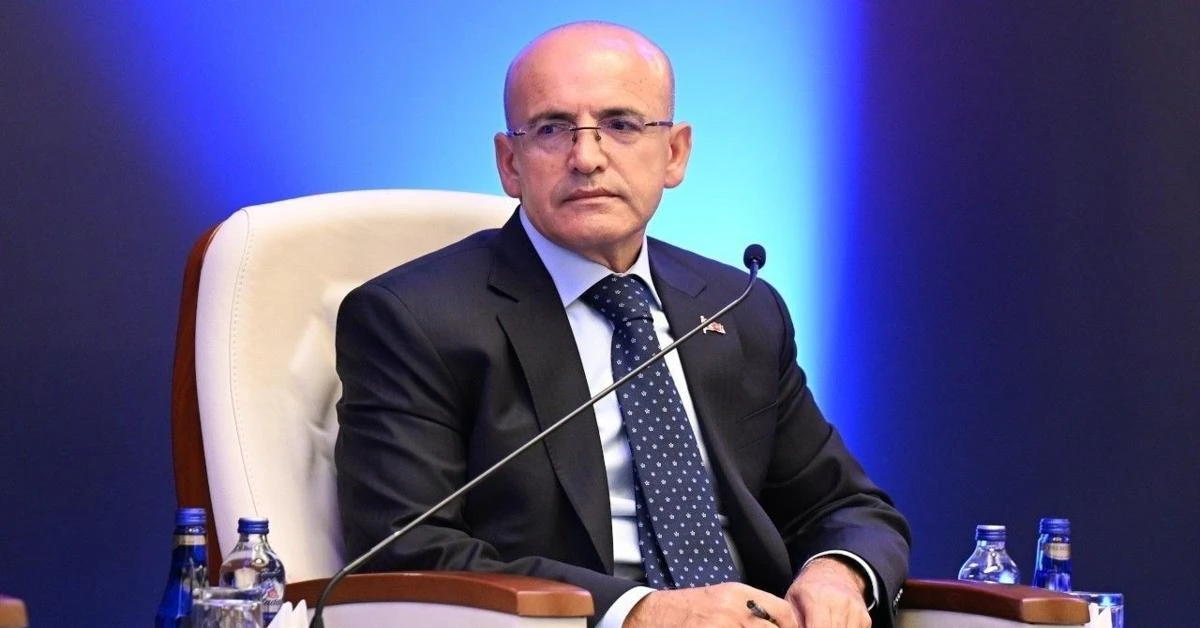Türkiye set to announce government spending cuts to combat budget deficit

Türkiye’s new fiscal strategy aims to enhance government efficiency through targeted savings in real estate, personnel management and digital transformation
Exclusive by Omer Faruk Bingol —Türkiye is set to unveil a comprehensive “Government Savings Efficiency Package” on Monday, aiming to save ₺100 billion ($3.086 billion), which would cover approximately 4% of the forecasted budget deficit for 2024 of ₺2.652 trillion ($81.841 billion).
This initiative is part of the government’s strategy to avoid new tax hikes, thus preventing further inflationary pressures on goods and services.
Following the general elections last year, Türkiye’s economic policies are now transitioning to reinforce fiscal measures alongside the already strict monetary policy.
This year, the Central Bank of Türkiye increased the policy interest rate from 8.50% last year to 50% in March, stabilizing exchange rates and setting the stage for expected inflation reductions in the latter half of this year.
Erich Arispe Morales, an analyst at Fitch Ratings, emphasized the necessity of fiscal adjustments to support the monetary policy implemented by Türkiye’s Central Bank.
The upcoming “Government Savings Efficiency Package,” detailed by Deputy President Cevdet Yılmaz and Finance Minister Mehmet Simsek, will focus on various sectors:
- Real estate and vehicle leases for government institutions will be minimized, aligning with actual needs.
- Personnel shortages will be addressed by redistributing excess staff across agencies.
- The renting or selling of government-owned lodgings will be reassessed.
- Reductions are planned in the usage of guest houses, social facilities, and stationery expenses, with a push towards digitalization to enhance efficiency.
- Promotional and gift items will be restricted, and public events and educational activities will be reviewed.
- Ongoing investments will only proceed if 65-75% are completed, with new projects being deferred unless essential.
President Recep Tayyip Erdogan has indicated that these measures are part of a broader initiative to cultivate a culture of savings within government expenditures on employment, transportation, buildings, education and international travel.
As the first batch of measures is projected to save ₺100 billion ($3.086 billion) by year’s end, the finance minister, Mehmet Simsek, has assured there will be no tax increases, which will relieve inflationary pressures on consumers.
However, sectors that frequently contract with the government may see a reduction in business volume, influencing pricing mechanisms and contributing to a deflationary process.
This package not only addresses the immediate fiscal challenges but also aims to provide a stabilizing effect on the budget and overall economy, reflecting a proactive approach to managing the country’s financial health amid global economic uncertainties.



